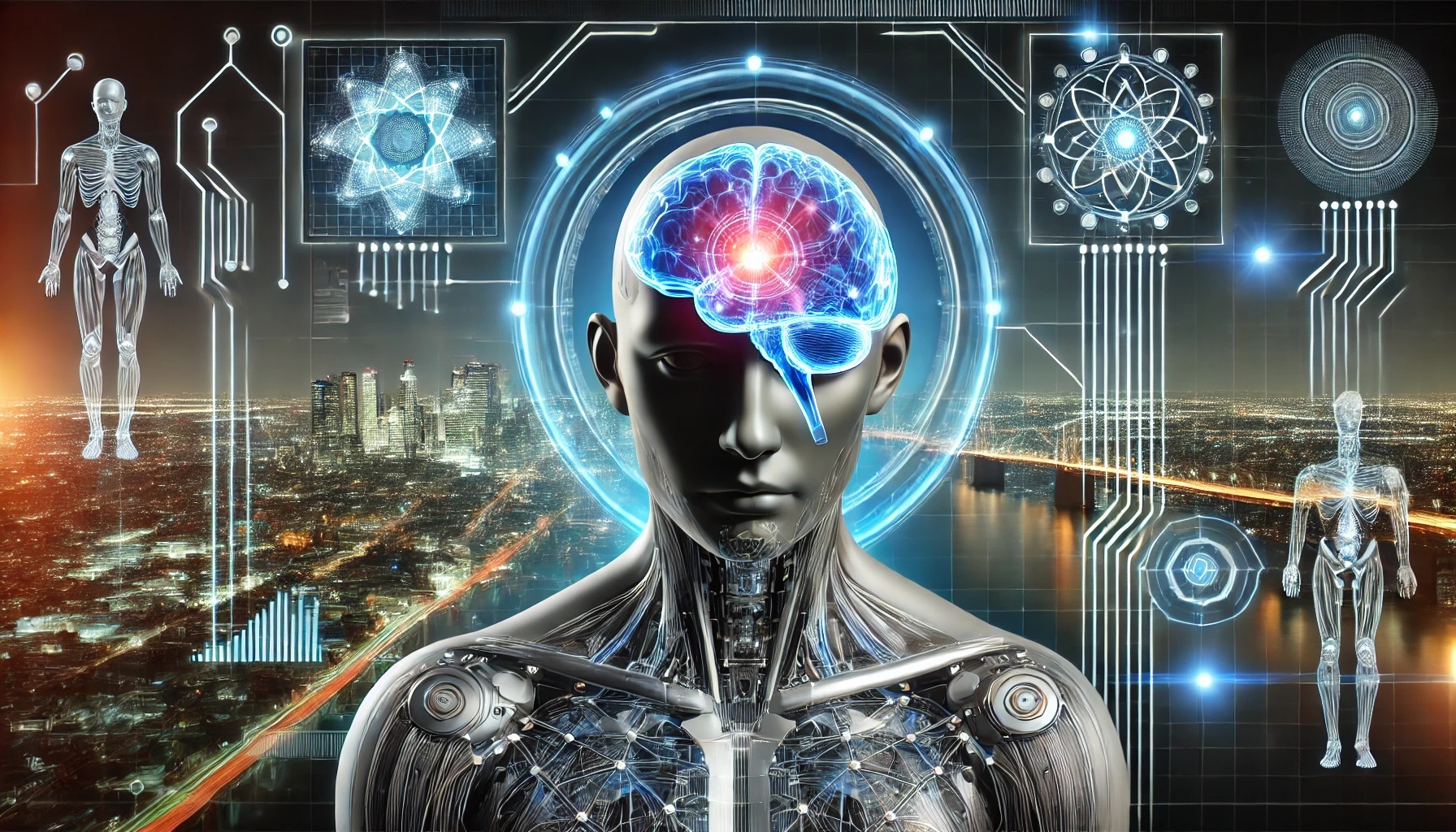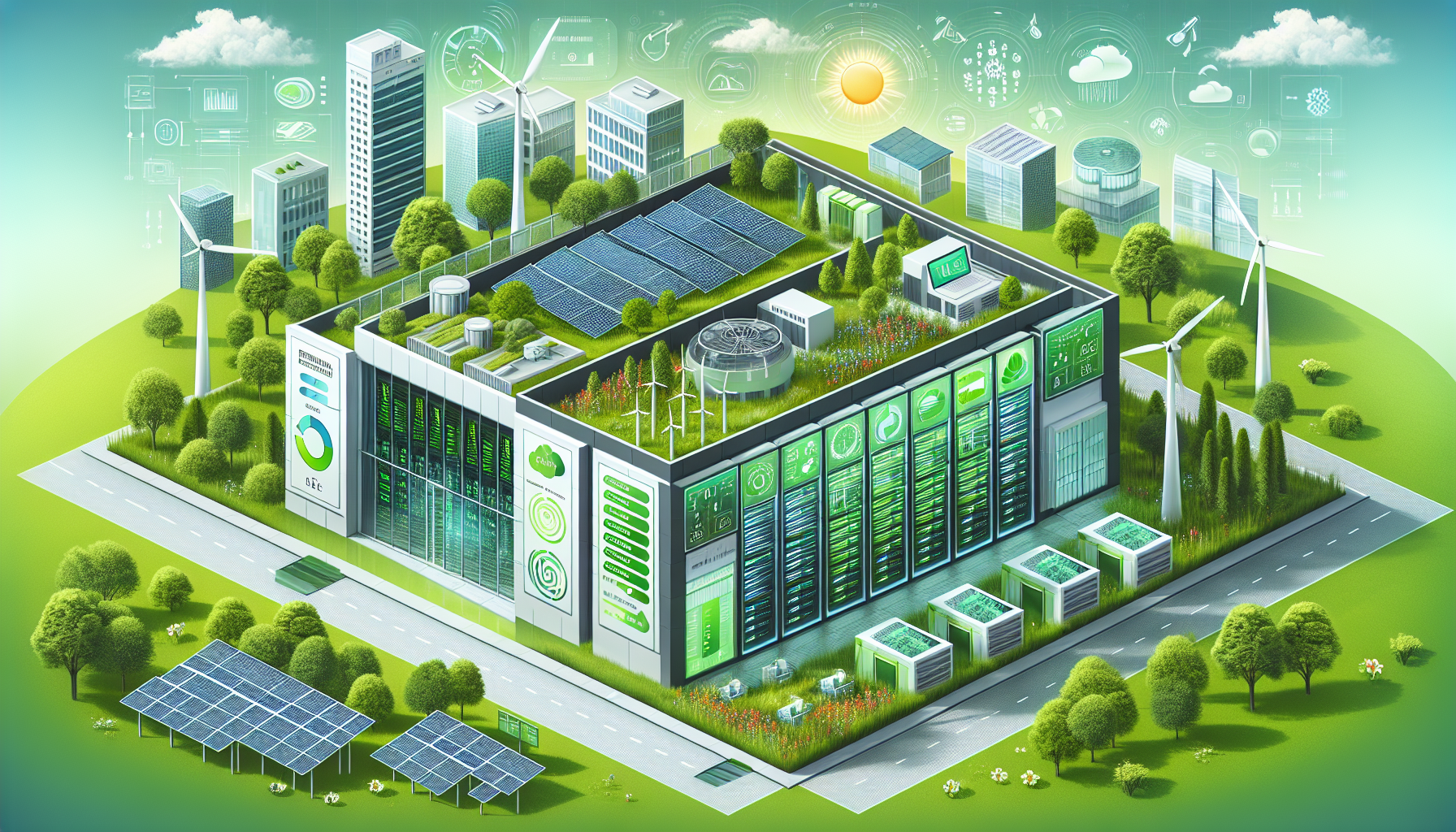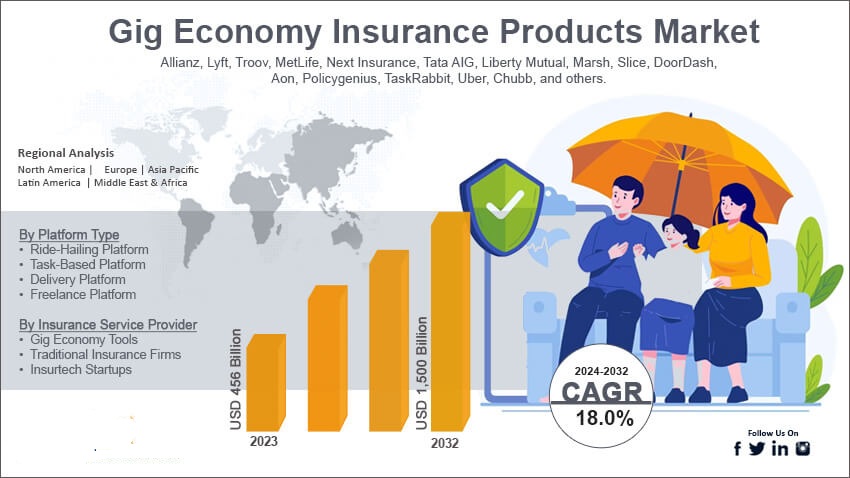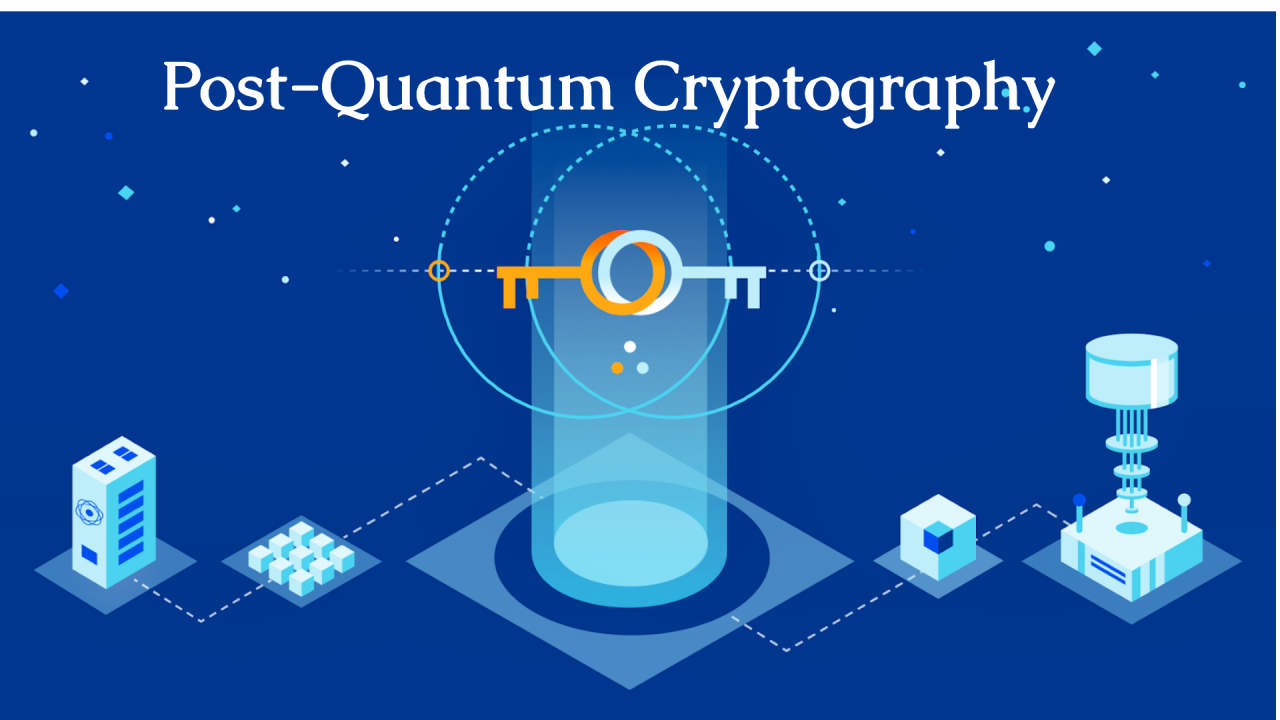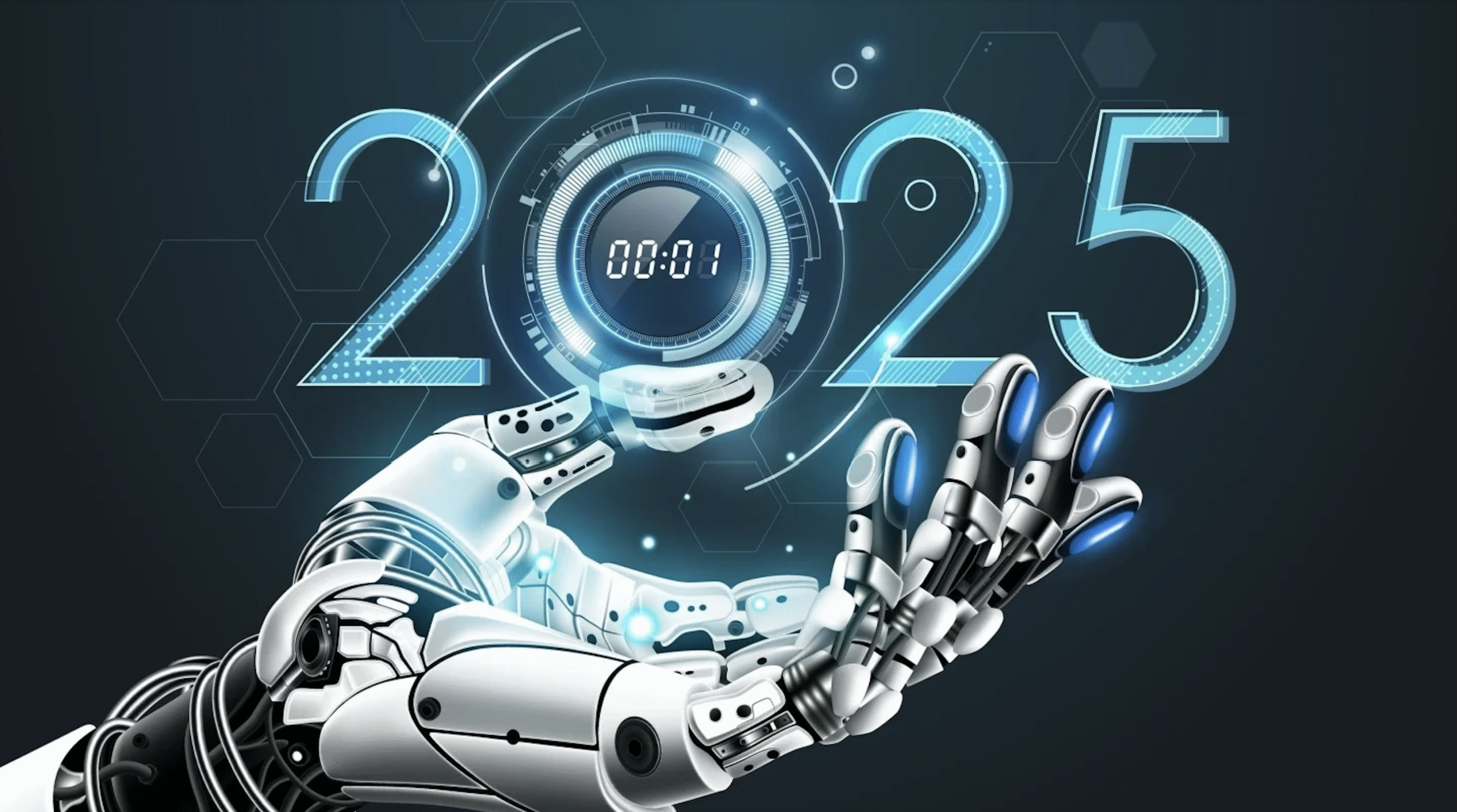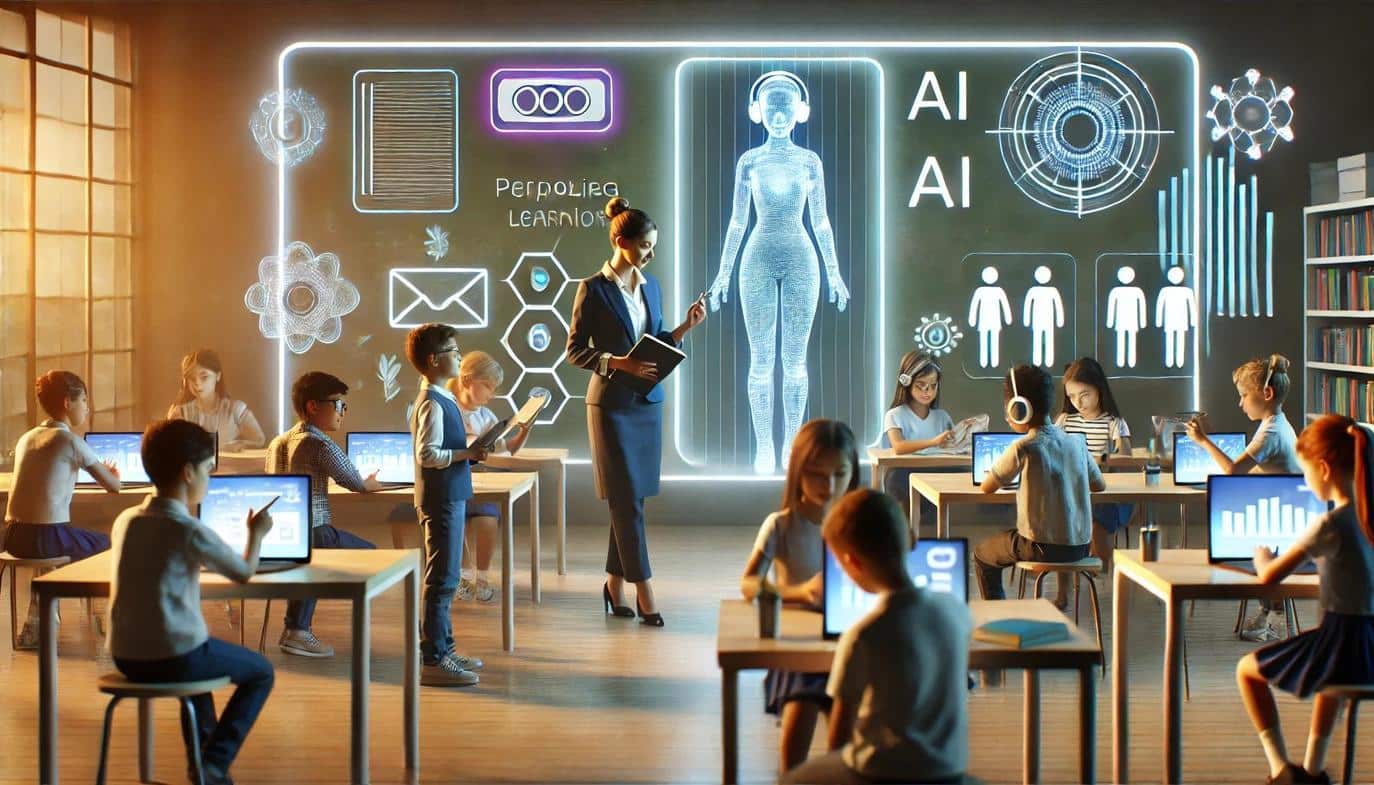The Dawn of Agentic AI
Artificial Intelligence (AI) has evolved rapidly over the past decade, moving from narrow, task-specific applications to more autonomous, intelligent systems capable of complex decision-making and self-directed actions. Enter Agentic AI — a new breed of AI systems in 2025 that operate with a higher degree of agency, autonomy, and adaptive learning. These systems are revolutionizing automation and decision-making across industries by acting not just as tools but as independent agents capable of achieving goals, optimizing processes, and even making ethical decisions.
This article explores what Agentic AI is, how it differs from traditional AI, the transformative impacts on automation and decision-making, and the future opportunities and challenges it presents.
What is Agentic AI?
Agentic AI refers to artificial intelligence systems endowed with agency — the capacity to act independently, make decisions, and pursue objectives without human intervention. Unlike traditional AI models that require human inputs for every step, agentic systems:
- Perceive their environment using sensors or data feeds
- Set and adjust goals dynamically
- Plan and execute actions autonomously
- Learn and adapt from outcomes
- Interact proactively with humans and other systems
This autonomy empowers Agentic AI to manage complex workflows and solve problems in real-time, often outperforming human counterparts.
How Agentic AI Differs from Traditional AI
| Feature | Traditional AI | Agentic AI |
|---|---|---|
| Task scope | Narrow, single-task focused | Broad, multi-task and goal-oriented |
| Human input | Required at every step | Minimal, for oversight and high-level guidance |
| Adaptability | Limited to training data | Dynamic learning and adaptation |
| Decision-making | Rule or model-based | Autonomous, sometimes ethical reasoning |
| Interaction | Reactive | Proactive and context-aware |
The State of Agentic AI in 2025
By 2025, Agentic AI is no longer a futuristic concept — it’s embedded in everyday applications including:
- Autonomous vehicles navigating complex traffic scenarios
- Intelligent supply chain management optimizing logistics end-to-end
- AI-driven customer service agents resolving issues without escalation
- Financial trading bots executing real-time market strategies
- Healthcare AI recommending treatments and monitoring patient progress
Transforming Automation: From Task Execution to Goal Achievement
1. Autonomous Process Management
Agentic AI systems manage workflows holistically, identifying bottlenecks, reallocating resources, and optimizing across departments — all in real time.
Example: A manufacturing AI agent predicts equipment failures, reschedules production, and orders parts proactively without human input.
2. Intelligent Robotics
Robots empowered by Agentic AI operate in dynamic environments, collaborating with humans and adapting to unexpected changes, enabling flexible automation.
Revolutionizing Decision-Making with Agentic AI
1. Real-Time Data Integration and Analysis
Agentic AI ingests diverse data streams — market trends, social media sentiment, sensor data — to make nuanced decisions that evolve as new information arrives.
2. Ethical and Context-Aware Decisions
Advanced agentic systems embed ethical frameworks to navigate complex scenarios, balancing competing priorities and potential risks.
Industries Impacted by Agentic AI
1. Manufacturing and Supply Chain
Agentic AI orchestrates supply networks, automates procurement, and mitigates risks such as delays or shortages through proactive decision-making.
2. Healthcare
AI agents monitor patient data continuously, adjust treatment plans, and coordinate care teams autonomously, improving outcomes and reducing costs.
3. Finance
Trading algorithms adapt instantly to market shifts, while risk management agents identify fraud and compliance violations in real time.
4. Customer Service
Chatbots and virtual assistants act as independent agents, resolving customer issues fully or escalating only when necessary.
5. Smart Cities
Agentic AI controls traffic lights, energy distribution, and emergency response, optimizing urban living dynamically.
The Role of Machine Learning and Reinforcement Learning
Agentic AI leverages reinforcement learning to train agents through trial and error, rewarding behaviors that achieve goals and penalizing failures. This enables systems to improve autonomously over time without explicit programming.
Challenges and Risks in Deploying Agentic AI
1. Ethical and Accountability Concerns
Who is responsible when an AI agent makes a harmful decision? Transparency and explainability are crucial for trust.
2. Security Vulnerabilities
Agentic systems operating autonomously become high-value targets for cyberattacks aiming to disrupt or manipulate their actions.
3. Integration with Legacy Systems
Bridging agentic AI with existing infrastructure requires significant technical and organizational change management.
Best Practices for Implementing Agentic AI
- Start small with pilot projects focusing on high-impact use cases.
- Maintain human-in-the-loop oversight for critical decisions.
- Ensure transparent AI decision-making through explainable AI (XAI) techniques.
- Invest in robust cybersecurity frameworks.
- Foster cross-disciplinary collaboration including ethicists, technologists, and domain experts.
The Future Outlook: Agentic AI Beyond 2025
- Hyper-personalized AI agents embedded in everyday devices.
- Collaborative multi-agent systems managing entire ecosystems autonomously.
- AI-driven policy and ethical frameworks guiding autonomous decisions.
- Human-AI partnerships augmenting creativity and complex problem solving.
Conclusion: Embracing the Agentic AI Revolution
Agentic AI is redefining automation and decision-making in 2025 by granting machines unprecedented autonomy, intelligence, and adaptability. As businesses and societies adopt these intelligent agents, the potential for enhanced efficiency, innovation, and problem-solving is immense — but so are the responsibilities to ensure ethical, secure, and transparent AI deployment.
The future belongs to those who understand and harness the power of agentic AI to drive smarter automation and informed decisions.
5 Unique FAQs About Agentic AI in 2025
1. What exactly is Agentic AI?
Agentic AI refers to autonomous AI systems capable of independent goal setting, decision-making, and adaptive learning without constant human input.
2. How does Agentic AI improve automation?
By managing entire processes autonomously, predicting issues, and adapting to changes in real time rather than executing predefined tasks.
3. What industries benefit most from Agentic AI?
Manufacturing, healthcare, finance, customer service, and smart cities are leading adopters.
4. What ethical concerns does Agentic AI raise?
Issues include accountability for decisions, bias, transparency, and ensuring AI actions align with human values.
5. How can companies start using Agentic AI safely?
By piloting projects with human oversight, investing in explainable AI, ensuring cybersecurity, and collaborating with diverse experts.
ESG Investing in 2025: Navigating the Future of Sustainable Finance



